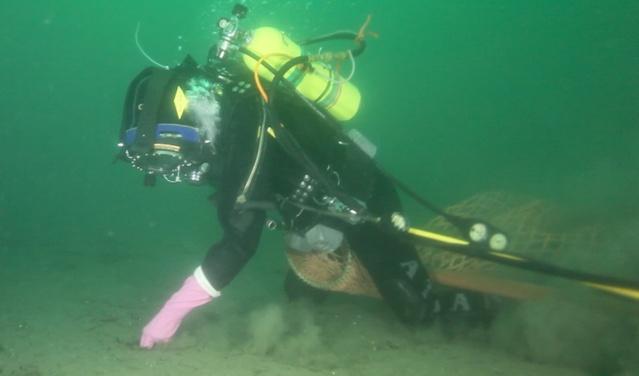

Since the first phase of the tariff was imposed in the summer of 2018, the average price-per-pound of the winning bids has dropped by nearly 45 percent.

The state revenue from a series of geoduck auctions tallied nearly $28 million in 2017. This has helped to knock down the prices that the buyers are willing to pay for the wild Washington geoducks, a harvest totaling some 5 million pounds annually which is jointly managed by the state Department of Natural Resources and Puget Sound tribes. With the Chinese tariffs in place, Washington geoducks are at a competitive disadvantage with British Columbia geoducks exempt from the tariff. Though they can live for more than a century, they can reach market size in a half-decade or less.
#Geo duck dive boat full#
The geoducks, found in waters off the Northwest, British Columbia and Alaska, burrow up to three-feet deep into bottom sediments, where they are nourished by long gangly siphons that bring in seawater full of phytoplankton.

One reason for the downturn is a retaliatory tariff imposed by China reaching 35% last month, as part of the fallout from the trade war that has flared as President Donald Trump seeks to reshape the terms of commerce with America’s largest trading partner.


 0 kommentar(er)
0 kommentar(er)
